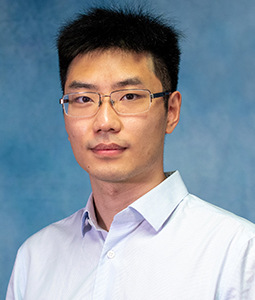| Speaker: Qi Zhang
Date: Feb 9, 11:45am–12:45pm Abstract: Cooperative artificial intelligence (AI) equips a team of autonomous agents with the capability of planning and learning to maximize their joint utility, which finds a wide range of applications. While being a promising paradigm, current solutions to cooperative AI, instantiated as cooperative multi-agent planning and learning frameworks, are still far more computation-, data-, and communication-hungry than what practice can often afford. This talk presents a series of theories and methods for cooperative multi-agent teams to achieve efficiency in computation, data, and communication by discovering, engineering, and exploiting structures inherent in the problem. Specifically, this talk focuses on the team structures exhibited in the form of grounded communication, agent-wise (in)homogeneity, and geometric properties. The talk is concluded with future research directions that extend the theories and methods to science and engineering applications and with human teammates. Biographical Sketch: Qi Zhang is an Assistant Professor in the Department of Computer Science and Engineering (CSE) and a core faculty member of the Artificial Intelligence (AI) Institute at the University of South Carolina. He earned his PhD from the CSE Division at University of Michigan in 2020 and his BE in Electrical Engineering from Shanghai Jiao Tong University in 2015. His research interests lie in theory and applications of cooperative AI. His research work earned him the David J. Kuck Dissertation Prize presented by Michigan CSE and an NSF CAREER Award. Location and Zoom link: 307 Love, or https://fsu.zoom.us/j/92575504585 |
||
Search FSU
Close SearchDEPARTMENT OF COMPUTER SCIENCE
College of Arts and Sciences


